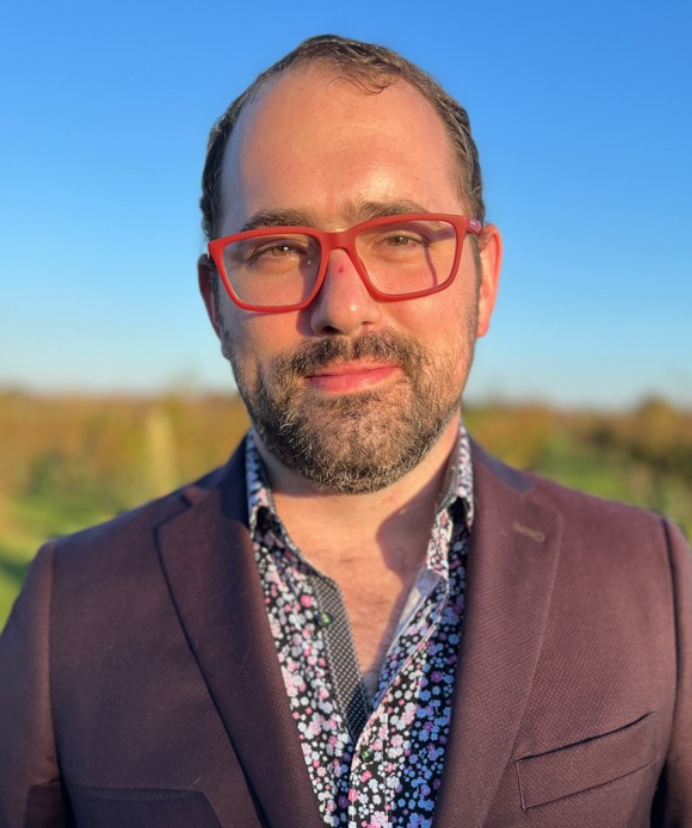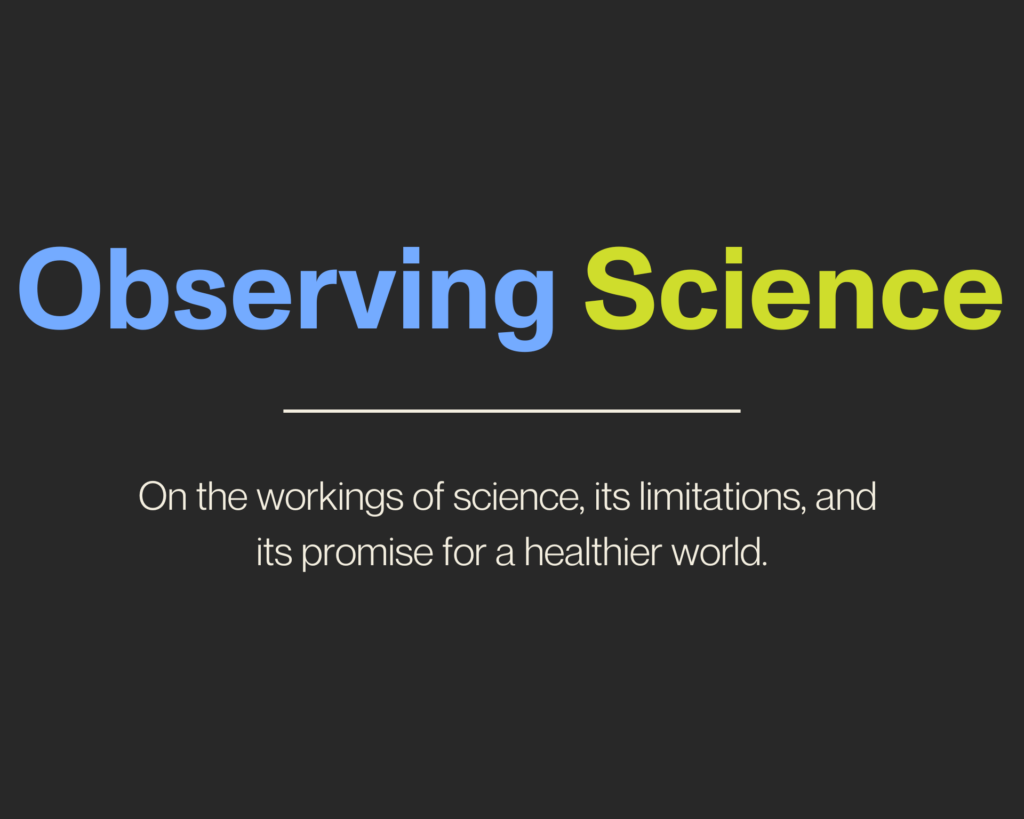Melissa Begg
Melissa Begg reflects on the intersection between social work and public health while also considering the role women play in science.

Read Time: 5 minutes
Published:
Melissa Begg became the 18th Dean of Columbia School of Social Work in September 2019. She is a professor of social work and biostatistics and is an accomplished scholar, committed educator, and creative administrative leader. Her work has focused on convening interdisciplinary teams, developing innovative curricula, creating mentorship programs, and enhancing diversity in graduate education and the research workforce. She is deeply committed to social justice and the pursuit of better science for a better society.
As a field that usually focuses on individuals, how does your work in social work intersect with public health?
Melissa Begg: I started my career in public health, and I was drawn to it because of its ability to contribute to improving human health and wellbeing. Over time, what finally dawned on me is the degree to which so much of human suffering is manufactured, and we sustain inequities through our policies. And if we created those policies, we could change those policies. Public health of course is really intently health centered, health focused at the population level, while social work has a somewhat different lens. We can focus on the individual. So there’s actually a nice synergy I think between social work and public health.
What are some reasons students should pursue social work?
Most students come to social work because they want to press for social justice. And I think if you went to any social work school in the country, they would say social justice is our core mission.
The best candidates I think for social work degrees are those that would welcome the opportunity for clinical training. There’s clearly in social work a strong attention to preparing individuals for clinical practice, and, in fact, most of the counseling provided in the United States is provided by a social worker. Most people think it’s psychologists or psychiatrists, but if you count just the number of counselors, most of them have social work degrees.
Social workers end up working all over the place. They work in hospitals, they work in nursing homes, they work in community health centers, addiction treatment centers, schools. Given the increasing focus on policy and social work, more and more are going towards government, as well, which is a good thing I think.
What were some pivotal experiences throughout your career that led you to becoming a Dean at the Columbia School of Social Work?
I think there were three or four points that really I think made a big impact on me over my 30 years at Columbia.
First, I began to take on the role of facilitating interdisciplinary teams in public health and medicine a number of years ago to address really complex problems. You need multiple perspectives at the table. Just helping people to engage, creating new collaborations and sustaining them over time was really formative for me and gave me the right mindset I think to approach the social work position.
Second, we completely reconstructed the MPH core curriculum at Columbia, and as part of that effort, I got to work with a social work colleagues that I had not met previously on developing a component in the training program there focused on self, social, and global awareness to build an anti-racist curriculum and an anti-racist mindset.
Third, I’ve spent a lot of time developing programs to enhance diversity in the research workforce. I helped to develop a program for junior faculty from underrepresented backgrounds to help them thrive in their careers and to provide mentorship and support. And another program that continues to this day is designed for college students who might not know about public health, in particular, biostatistics and epidemiology.
What key messages do you hope that your audience generally and women in particular, take away from the Women in Science Dean’s Seminar?
I think that’s the right way to frame it. I appreciate the way that you phrased it. That anything we’re telling women to do is actually good for everybody, and women doing better is actually good for everybody.
I would encourage young women who aspire to leadership positions to really focus on developing three key skills. First is listening, really listening and hearing what people are telling you. Hearing what they need. That’s where better solutions lie.
Second, I would encourage women and others to probe more deeply without fear of conflict. I think often we don’t want to challenge anybody, and so we pull back a little bit. The fact is, there are very collegial, collaborative ways to push back. And so just probing, trying to get to understand someone’s point of view a little bit more deeply, I think is essential to making good decisions.
And then the third skill I think is to train yourself to act decisively. Some people are more natural at that than others. But I think something that gets in the way maybe more often for women is the fear of doing it wrong. I’m going to make the wrong decision so I can’t act decisively. There are just going to be the wrong decisions. But it’s like any baseball player. You want a good batting average. That doesn’t mean you’re going to hit the ball every time. You’re going to make mistakes. And forgive yourself for that. Learn from it and move on. I worry about that being a barrier and an obstacle.
The one overarching principle for all of this is: don’t hold yourself back. Too often we hold ourselves. I’m not sure I’m ready for that. I’m not sure I’m prepared for that. Others are ready to hold you back. You have to be on the other side in opposition to those forces. Just put yourself forward, be authentically you, don’t try to be like someone else. Your style is the right one for you.


